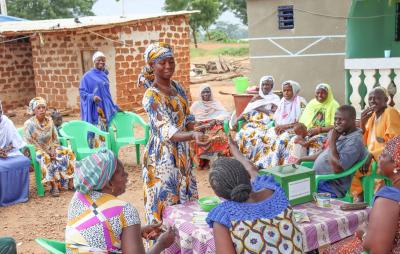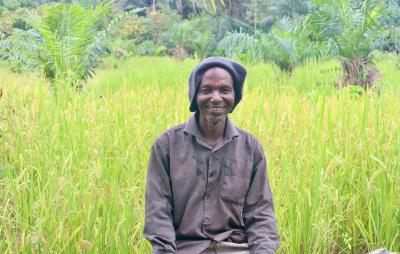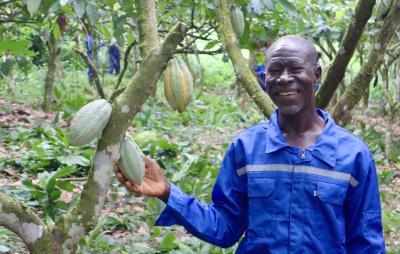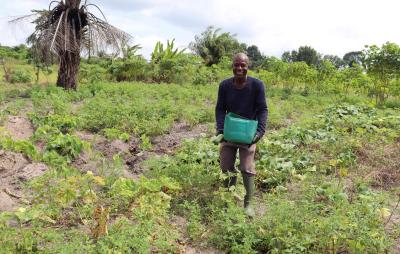Cash transfers are one of the most promising ways to address child labour globally, according to research by the International Labour Organisation. They help strengthen household resilience, improve children’s well-being, support access to education, and reduce reliance on child labour. In recent years, they have gained attention in agricultural supply chains, including cocoa, with an increasing number of companies implementing these programmes. To support practitioners, ICI has developed a new Learning into Action brief on innovative cash-plus programmes to tackle child labour in the cocoa sector.
While cash transfers can be a valuable intervention to reduce child labour, their impact depends on how they are designed and implemented. Several studies show that if not properly designed, cash transfers can inadvertently cause an increase in child labour, especially if the recipients use the funds to set up new business activities that create a higher demand for labour within the household.
To enhance their effectiveness, cash transfers can be combined with complementary support that addresses the root causes of child labour and promotes behaviour change. These integrated approaches are known as “cash plus” programmes.
ICI has implemented two innovative cash plus projects in cocoa-growing communities in Ghana and Côte d’Ivoire which have shown promising results in reducing child labour and strengthening child protection.
Cash plus incentive to spend on labour
In cocoa-growing communities, limited access to affordable adult labour often pushes households to rely on children for farm work. To address this issue, this programme combined unconditional cash transfers with an incentive to hire adult labour.
This approach helped strengthen the supply of affordable adult labour in cocoa-growing communities and provided households with an alternative to child labour.
Cash plus saving groups and gender training
Evidence shows that when women have more say in how the household spends money, they tend to prioritise children’s needs such as nutrition, education, and healthcare. However, in many cocoa-growing communities, men are the primary decision-makers.
In this programme, cash was transferred directly to women and combined with Village Savings and Loan Associations and training on gender equality. This approach not only strengthened household finances but also promoted more equitable decision-making, leading to improved child protection and reduced child labour.
ICI has developed a new Learning into Action brief that presents these innovative approaches, shares key findings, and provides practical guidance for implementation, including ways to overcome common challenges. The brief aims to support practitioners and companies exploring cash transfer models in supply chain contexts.





